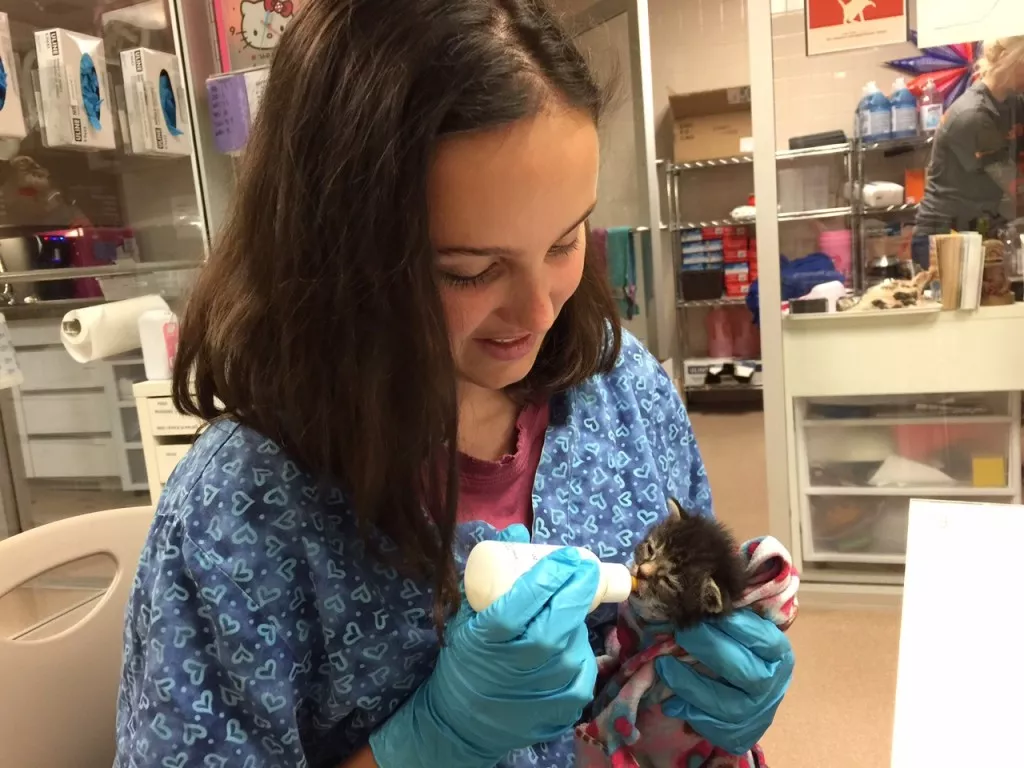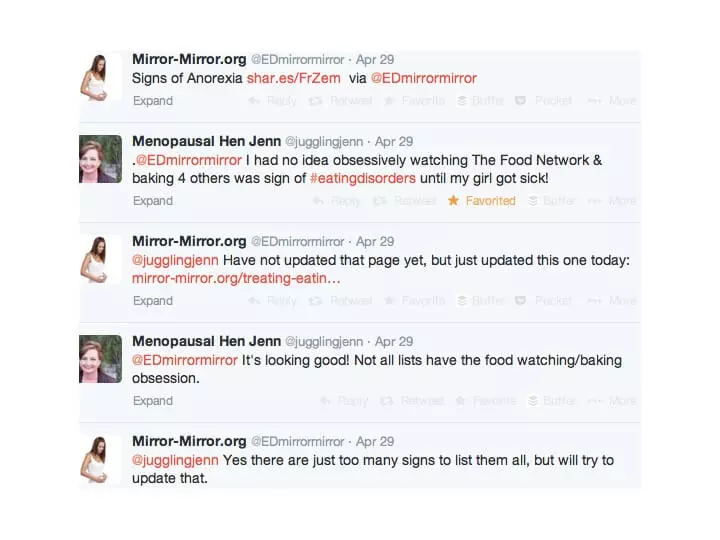On Empowering Parents—Not Pathologizing Them
I often write about the importance of including parents in the treatment of adolescents and young adults. My work is informed by my training in Family-based Treatment (FBT). A central component of this treatment is empowering parents to help their ailing children with eating disorders return to health. When asked why families should be the …







![family at family meal in FBT [Image description: a family with their backs to us sits around a table] Represents a potential family in California receiving FBT for their teens eating disorder](https://www.eatingdisordertherapyla.com/wp-content/uploads/2014/07/DALL·E-2023-12-01-19.14.32-a-family-is-seated-around-a-brown-conference-table.-There-are-2-parents-and-2-teenagers-sitting-and-their-backs-are-to-us.-Off-to-the-side-a-therapist5.png)

